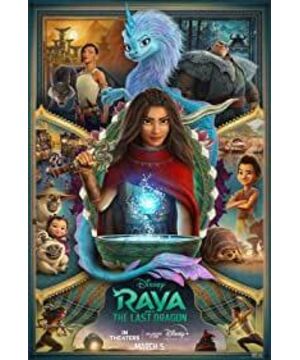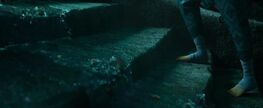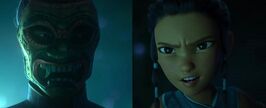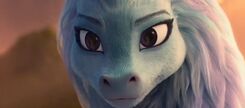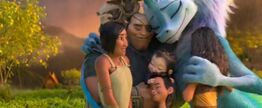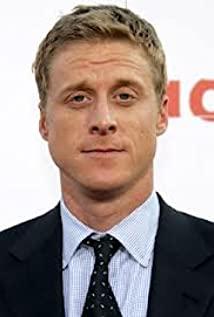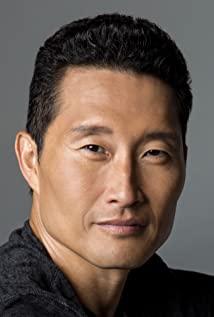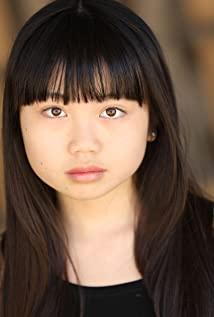Some commented: "This is just an old-fashioned story of truth, kindness and beauty."
This evaluation is both right and wrong. The crux of the problem is that after Pixar output a large number of greedy-oriented narratives, Disney still paranoidly talks about "truth, goodness and beauty". Doesn't this seem absurd?
There seems to be even more absurd.
The core of "Legend of Dragon Hunting" throughout the text is: "The betrayed chooses to trust again, and the injured first chooses to forgive." How can this be a "truth" shared with children? After all, adults are familiar with "betrayed", "deceived" and "stabbed" in the empirical world of adults. As a result, we quickly withdrew our little trust, upholding the boundary consciousness of "everyone is an island", and then began to enjoy "security" in the closed self-sufficiency.
When we teach children, we always emphasize: "Don't trust anyone except your loved ones." This is the simplest and most convenient way. Although the position of "presumption of guilt" is crude and narrow, it can at least maximize "safety" for children and isolate possible potential harm and threats.
It seems so.
Today, when the self-media is good at inciting emotions and frequently selling "insecure" anxiety to parents, teaching the next generation to "trust others" and "open to others" is particularly old, ignorant or pedantic.
Then, in a dualistic framework of "antagonism between ourselves and the enemy", the picture of the world was reshaped by adults. In this way, the children have acquired a set of life narratives and beliefs in action after being reduced—everything should serve "my safety", "my interests", and "my success"; the established rules of this society are "big "Fish eats small fish", the survival of the fittest, the zero-sum game; if I don't defeat others, they will defeat me.
This is how familiar education classics are. So that we have long forgotten that in the original fairy tale world, people once "naively" believed in a true, good and beautiful life scene.
But now, they are very far away.
Raya said to Shenlong: "Because the world has deteriorated, people will not trust each other."
Shenlong responded: "Because people don't trust each other, the world will go bad."
This is like an unsolvable circular argument.
And when the external crisis that symbolizes evil strikes again, people live in "safe" private plots, and no one is willing to transfer power to fight the enemy together.
As for the reason, it seems so reasonable: "Why should I take the first step?"
No kind of rational calculation or logical deduction can come to a solution in such a stagnant situation.
Until Raya chose to trust the enemy who had betrayed her several times and voluntarily handed over "my power", she just said: "I am willing to take this first step."
Raya, who once chose to trust unconditionally but was harmed, now "naively" choose to trust again and open up again. Doesn't this seem foolish?
But precisely because of this, the "old" and "stupid" golden age once again revealed its dazzling glory.
It turns out that people can still choose to participate, choose to transfer, choose to trust, and choose to connect in addition to the barren “narrative of friend or friend”, but this requires more extraordinary wisdom, courage, and prudence.
It is not an inadequate self-deception, let alone a relativistic cynic, but a more adequate life option beyond utilitarianism and nihilism.
This is the best fairy tale. It allows us to voluntarily put aside the rational judgment of "one piece" in the narrative restoration, and we gradually believe in all this in the interpretation of the plot deep on the screen. Even when he leaves the theater, he is still willing to extend the legacy of this belief for the children——
Willing not to return evil when faced with malice, willing to wisely give in and compromise when hurt, willing to give up on the "survival of the fittest" and "competitive" social vision, willing to embrace failure, willing to trust others, willing to self Overcoming-This is a more difficult attempt, but at the same time it is also a more worthwhile direction.
View more about Raya and the Last Dragon reviews


